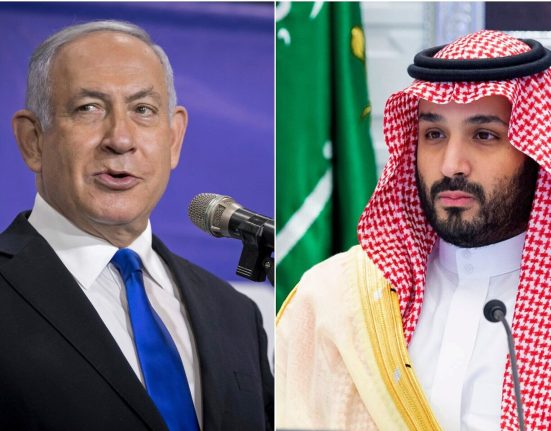As Saudi Arabia marked its 95th National Day, the Kingdom celebrated not only its historic journey but also remarkable progress under its Vision 2030 reform agenda — a blueprint aimed at diversifying the nation’s economy and enhancing global engagement. One of the standout achievements highlighted during this year’s commemoration is the unprecedented number of Umrah pilgrims recorded in 2024, a feat that surpassed all previous expectations.
According to official data, Saudi Arabia welcomed a record-breaking 16.92 million Umrah pilgrims in 2024 alone, far exceeding the earlier projected target of 11.3 million. The milestone represents a significant leap in the Kingdom’s efforts to position itself as a global hub for Islamic tourism and religious pilgrimage, particularly through the strategic expansion of facilities, digitization of services, and easing of visa processes for Muslims around the world.
This achievement is seen as a testament to the country’s ongoing investment in infrastructure, including the massive upgrades to the Grand Mosque in Makkah, transport networks, and accommodation facilities, all tailored to support the growing influx of international pilgrims.
The 95th National Day, observed on September 23rd, served as both a celebration of national pride and a moment to showcase the tangible results of Vision 2030 — a reform initiative spearheaded by Crown Prince Mohammed bin Salman. Central to that vision is the aim of hosting 30 million Umrah pilgrims annually by 2030, a goal that now seems increasingly within reach given the current trajectory.
In recent years, Saudi authorities have intensified efforts to simplify the pilgrimage process through the introduction of e-visas, streamlined customs clearance, multilingual support services, and enhanced security arrangements — all of which have contributed to the record-breaking numbers and positive pilgrim experiences.
For millions of Muslims across the world, Umrah holds deep spiritual significance, and Saudi Arabia’s ability to host nearly 17 million pilgrims in one calendar year reflects not only operational excellence but also the country’s strategic commitment to religious tourism as a pillar of its economic and cultural diplomacy.
As the Kingdom looks ahead to its centennial celebrations in just five years, the momentum gathered from these accomplishments sets a high benchmark for what lies ahead — both for citizens and for the global Muslim community that continues to look toward the Two Holy Mosques for spiritual fulfillment.







